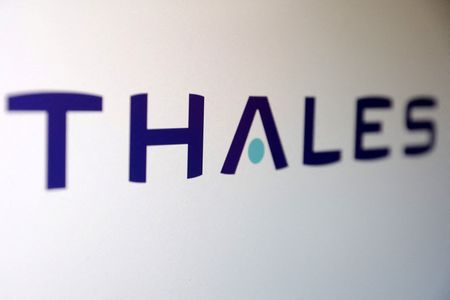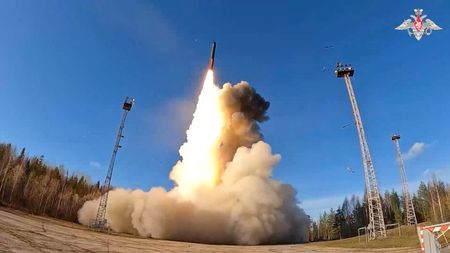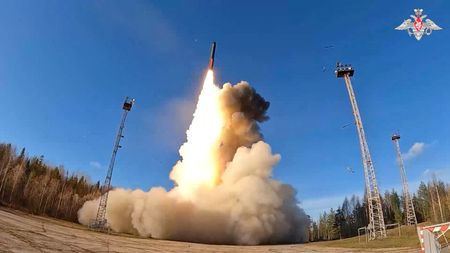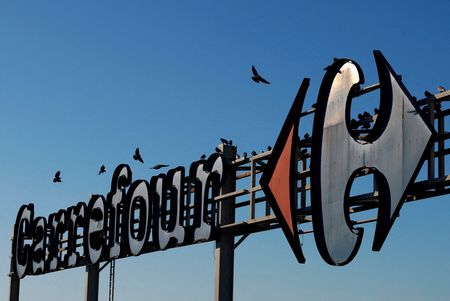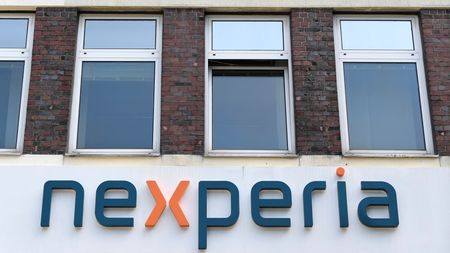By Tim Hepher and Giulia Segreti
PARIS/ROME (Reuters) -Europe’s aerospace giants kept investors waiting an extra day for details of a new space champion on Wednesday as lawyers and advisers pored over the smallprint, but merger plans remained intact, people familiar with the talks said.
Reuters reported this week that Airbus, Thales and Leonardo had reached a framework deal to pool their satellite making activities to chip away at the dominance of Elon Musk’s Starlink.
Initial plans for a Wednesday announcement slipped but there was no major new obstacle and a deal appeared to have been pushed back by no more than 24 or 48 hours, barring an unforeseen and more substantive problem, the people said.
“The announcement is ready; that doesn’t mean you don’t have some last-minute details. It is industrially, technically and financially complicated,” one of the people said.
Thales, Airbus and Leonardo all declined comment.
The talks mark the latest attempt to tie together Europe’s fragmented and struggling satellite industry.
Europe’s top players – Airbus and a pair of ventures controlled by Italy’s Leonardo and France’s Thales – have been dwarfed by rivals led by Musk’s SpaceX.
They plan to combine satellite assets into a new holding company with about one-third each after a series of balancing payments, but the new structure will take up to two years to put in place pending regulatory approvals, sources have said.
A previous attempt to combine hit EU antitrust obstacles.
SHIFT TO LOW EARTH ORBIT
Insiders say the trio have realised they cannot prosper alone in a space market in the midst of dramatic transformation.
The merger will create the largest manufacturer of commercial geostationary satellites, leapfrogging Maxar, Northrop Grumman and Lockheed Martin with a third of the market, according to 2010-25 global data from specialist advisory firm Quilty Space.
But that corner of the space market is in decline due to the spread of small satellites in low Earth orbit, such as Starlink.
“Europe did have a commanding lead in a lot of geostationary satellite manufacturing, and arguably never lost it,” said Caleb Henry, Quilty’s research director. “It’s just that this market has shrunk considerably in the face of these new titans of industry: the low-Earth-orbit broadband constellations.”
The companies are expected to set out the broad structure and objectives of the merger plan, code-named Projet Bromo, without dwelling on details of corporate governance that would be decided at a later stage, after a period of standalone operations.
The balance of power and question of who appoints chairperson, CEO and CFO have caused friction in past European aerospace mergers, including at Airbus itself.
But sources said there was a strong commitment between the parties to co-operate on satellites, in part driven by losses and falling market share.
(Reporting by Tim Hepher; Editing by Alexander Smith, Aidan Lewis)



